On November 14, US President Donald Trump officially signed an executive order exempting reciprocal tariffs on a series of food items. The list of tax exemptions includes coffee, tea, tropical fruits, fruit juices, cocoa beans, spices, bananas, oranges, tomatoes, beef and some types of fertilizers.
Notably, many of these products have seen double-digit price increases this year in the US. September Consumer Price Index (CPI) data shows that beef prices increased by 17% compared to the same period last year, the biggest increase in more than three years.
In addition, banana prices increased by 7% and tomatoes by 1%. Overall, the food group consumed at home in September increased by 2.7% compared to a year earlier.

The new decree signed on November 14 aims to adjust the scope of reciprocal tariffs that Mr. Trump announced in early April, thereby eliminating tariffs on many agricultural products that cannot be produced in the US.
Previously, on September 5, the US President also signed a similar decree, exempting reciprocal taxes for 45 groups of goods such as gold, nickel, chemicals... These are all products that "cannot be grown, mined and produced naturally in the US", or are not capable of being produced to meet domestic demand.
The latest exemption, effective November 13, marks a significant shift in President Trump’s policy. Previously, the US leader had always asserted that sharply increasing import tariffs was not the cause of inflation.
The decision came just a day after the US reached a framework trade agreement with Argentina, Ecuador, Guatemala and El Salvador. The Trump administration also signed an agreement with Switzerland on November 14. US officials expect to reach more similar agreements this year, paving the way for tariff reductions on a range of other products.
President Trump has frequently mentioned the issue of the cost of living recently, claiming that the reason for the rising prices is due to the policies of his predecessor, not because of import tariffs.
Meanwhile, many economists say import tariffs are one of the factors contributing to the rising costs. They warn that the cost of living is likely to continue to rise next year, as businesses begin to pass on more of the cost burden to consumers.
Source: https://congluan.vn/my-mien-thue-quan-doi-ung-cho-nhieu-mat-hang-nong-san-10317880.html





![[Photo] Action for the Community tells stories of enduring journeys – both intimate and great, yet quiet and determined](https://vphoto.vietnam.vn/thumb/1200x675/vietnam/resource/IMAGE/2025/11/15/1763179022035_ai-dai-dieu-5828-jpg.webp)


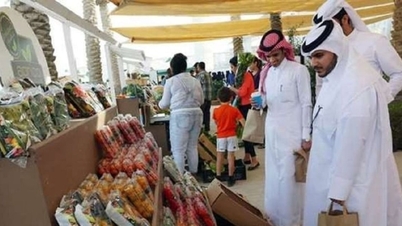


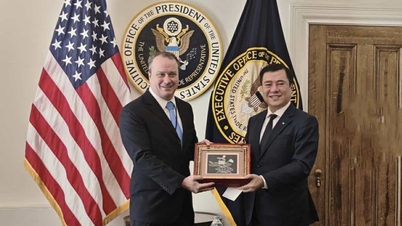



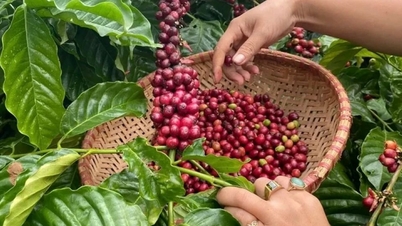

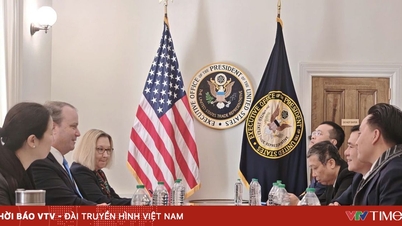












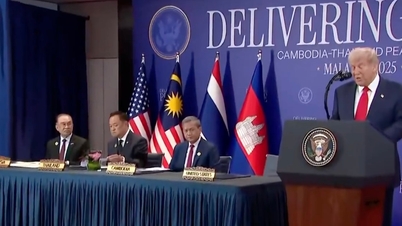
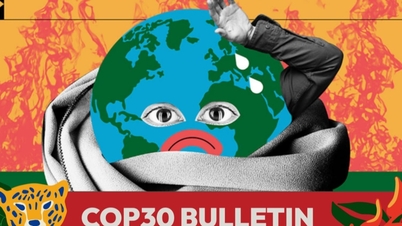
























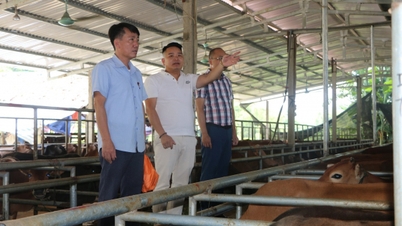























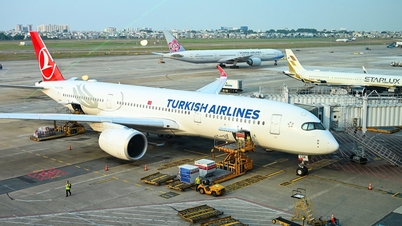
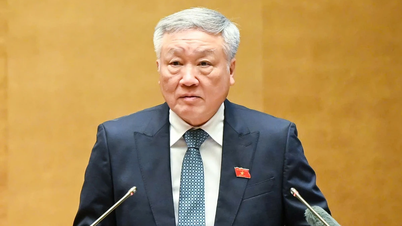
















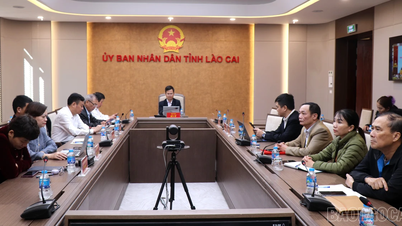














Comment (0)